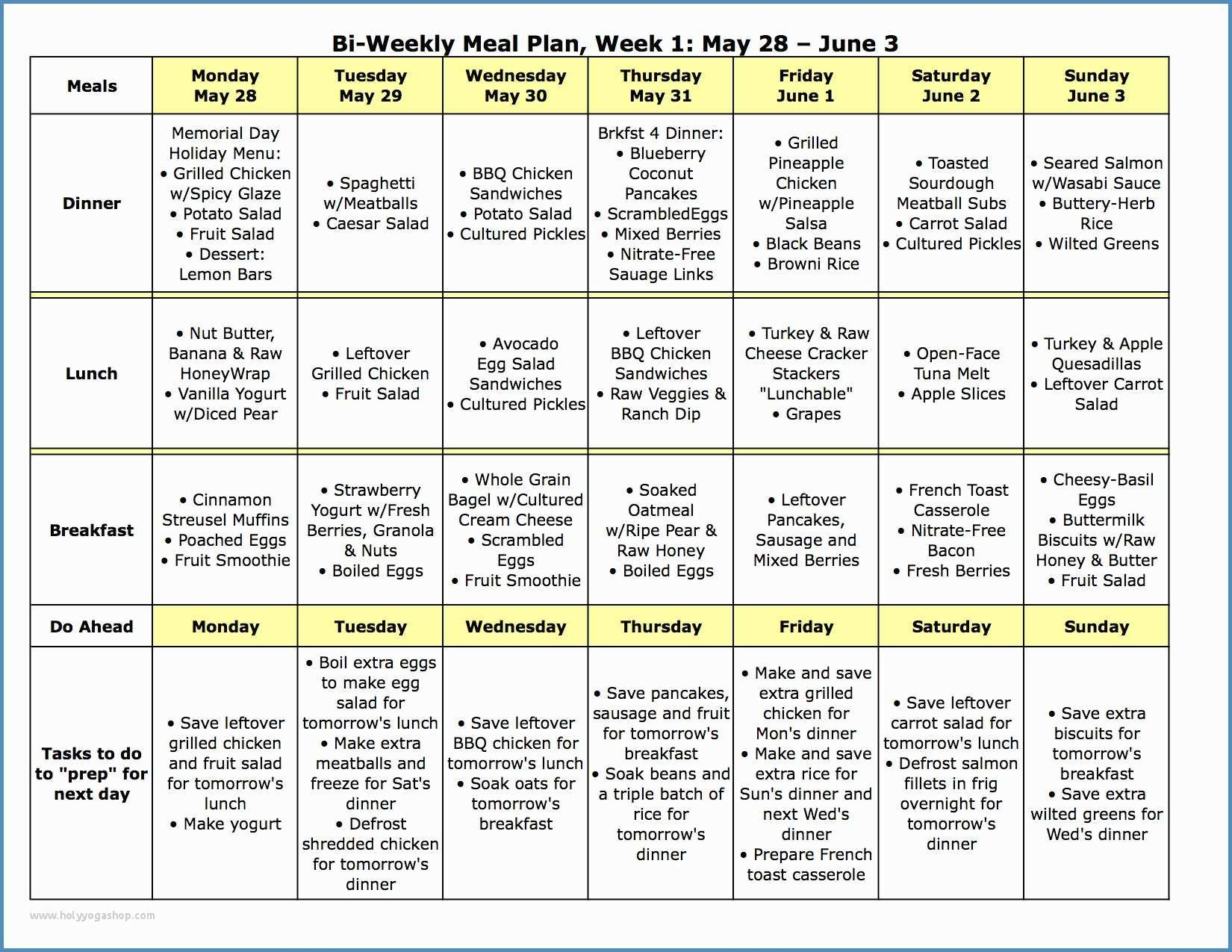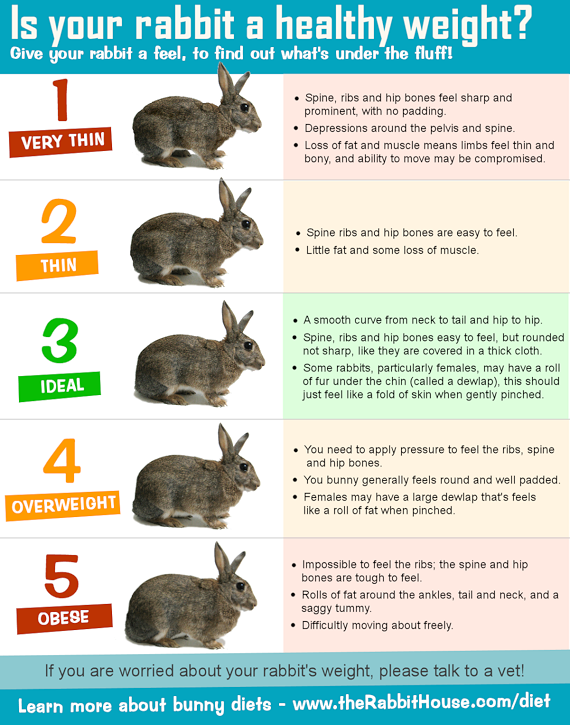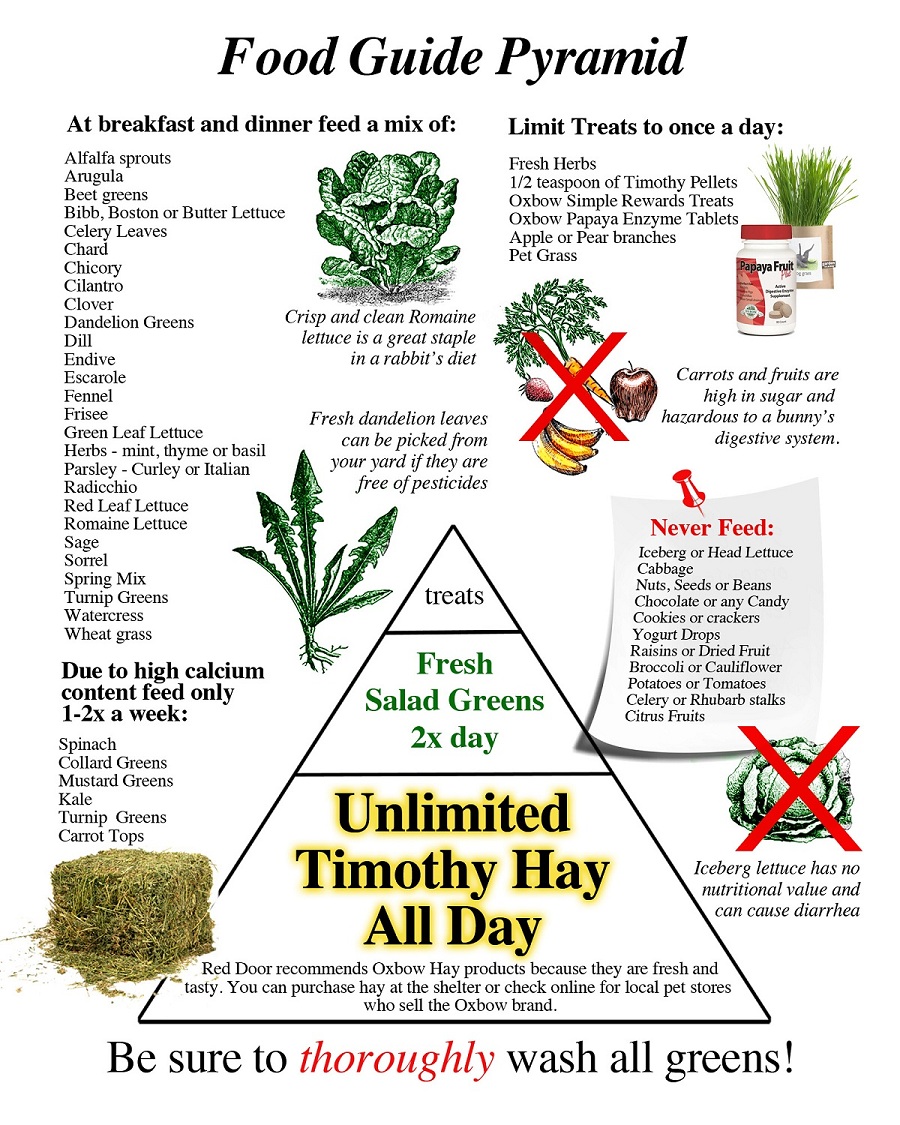As a pet owner, you want nothing but the best for your furry friend. This includes providing them with the right diet so they can live a happy and healthy life! But with so many different rabbit food options out there, it can be challenging to determine what your bunny needs to stay nourished.
Why is adding hay to a rabbit’s diet important?
 One essential element of a rabbit’s diet is hay. But why is it so crucial for their health?
One essential element of a rabbit’s diet is hay. But why is it so crucial for their health?
Firstly, hay helps keep their digestive system healthy and functioning properly. Rabbits need a high-fiber diet to keep their gut moving and prevent the buildup of hair and other materials that can cause blockages.
Hay also provides essential vitamins and minerals that your bunny needs to stay healthy. For example, it’s a great source of calcium, which is vital for your rabbit’s bones and teeth.
So if you haven’t already, make sure to add hay to your rabbit’s diet! Just be sure to choose a high-quality option that’s free from pesticides and other harmful chemicals.
What is a treat?
 Treats can be a fun addition to your rabbit’s diet, but it’s important to be careful about what you give them. Some treats can be high in sugar and calories, which can cause health problems for your bunny.
Treats can be a fun addition to your rabbit’s diet, but it’s important to be careful about what you give them. Some treats can be high in sugar and calories, which can cause health problems for your bunny.
When choosing a treat for your rabbit, it’s best to opt for something that’s low in sugar and high in fiber. A few examples include:
- Carrots (in moderation)
- Leafy greens like parsley and cilantro
- Dandelion greens
And remember, treats should only make up a small part of your rabbit’s overall diet. Stick to their regular food and hay for the bulk of their nutrition.
What should a diabetic rabbit eat?
 If your rabbit has diabetes, you’ll need to make some changes to their diet to help manage their condition. Here are a few tips:
If your rabbit has diabetes, you’ll need to make some changes to their diet to help manage their condition. Here are a few tips:
- Choose foods that are low in sugar. This includes avoiding fruits and other sweet treats.
- Focus on high-fiber foods like hay and leafy greens.
- Work with your vet to come up with a specific feeding plan that will help manage your rabbit’s condition.
Remember, managing diabetes in a pet takes time and effort, but with the right diet and care, your bunny can lead a happy and healthy life!
How much should I feed my baby rabbit?
 Feeding a baby rabbit can be tricky, as their nutritional needs are different from adult rabbits. Here are a few things to keep in mind:
Feeding a baby rabbit can be tricky, as their nutritional needs are different from adult rabbits. Here are a few things to keep in mind:
- Baby rabbits should have access to unlimited hay and water.
- Introduce a small amount of pellets into their diet once they’re a few weeks old.
- Gradually increase the amount of pellets over time, while also introducing more leafy greens into their diet.
- Feed them a few small meals throughout the day, rather than one large meal.
Remember to monitor your baby rabbit’s weight and body condition regularly to make sure they’re getting the right amount of food!
What should I be feeding my adult rabbit?
 Adult rabbits have different nutritional needs than baby rabbits. Here’s what you should be feeding them:
Adult rabbits have different nutritional needs than baby rabbits. Here’s what you should be feeding them:
- Unlimited access to hay
- A moderate amount of pellets (about 1/4 cup per 5 pounds of body weight)
- A variety of leafy greens like kale, romaine lettuce, and parsley
- Some occasional safe vegetables like carrots and bell peppers (but be careful with high-sugar options!)
Remember to always monitor your rabbit’s weight and body condition to make sure they’re getting the right amount of food. And remember, rabbits should never be fed foods that are high in fat, sugar, or processed ingredients!
What about supplements?
 Supplements can be a good way to give your rabbit an extra boost of nutrition, but they’re not always necessary. Here are a few supplements that you might consider giving your bunny:
Supplements can be a good way to give your rabbit an extra boost of nutrition, but they’re not always necessary. Here are a few supplements that you might consider giving your bunny:
- Probiotics: These can help keep your rabbit’s gut healthy and functioning properly. You can find probiotic supplements at most pet stores.
- Mineral blocks: These can help provide your rabbit with essential vitamins and minerals. Make sure to choose a high-quality option that’s free from harmful chemicals.
- Papaya tablets: These can help prevent hairballs in rabbits that shed a lot. Be sure to talk to your vet before giving your bunny any new supplements!
Remember, supplements should never be used as a replacement for a healthy, balanced diet. Be sure to always talk to your vet before giving your rabbit any new supplements!
How do I know if my rabbit is getting enough food?
 One of the most common questions rabbit owners have is how to tell if their bunny is getting enough food. Here are a few things to look out for:
One of the most common questions rabbit owners have is how to tell if their bunny is getting enough food. Here are a few things to look out for:
- Weight: Monitor your rabbit’s weight and body condition regularly to make sure they’re not over- or underweight.
- Body language: Pay attention to your rabbit’s body language. If they’re consistently begging for food or seem lethargic, they might be hungry.
- Pellet and hay consumption: Keep track of how much pellets and hay your rabbit is eating each day. They should be eating a consistent amount each day.
Remember, rabbits can be prone to obesity, so it’s important not to overfeed them. Stick to a consistent feeding schedule and pay attention to their body language to ensure they’re getting the right amount of food!
Final thoughts
 Feeding your rabbit a healthy, balanced diet is a crucial part of being a responsible pet owner. Remember to always monitor their weight and body condition, choose high-quality foods and supplements, and give them plenty of hay and water.
Feeding your rabbit a healthy, balanced diet is a crucial part of being a responsible pet owner. Remember to always monitor their weight and body condition, choose high-quality foods and supplements, and give them plenty of hay and water.
If you’re ever unsure about what to feed your rabbit, don’t hesitate to reach out to your vet for guidance. With the right diet and care, your bunny can live a long, happy, and healthy life!